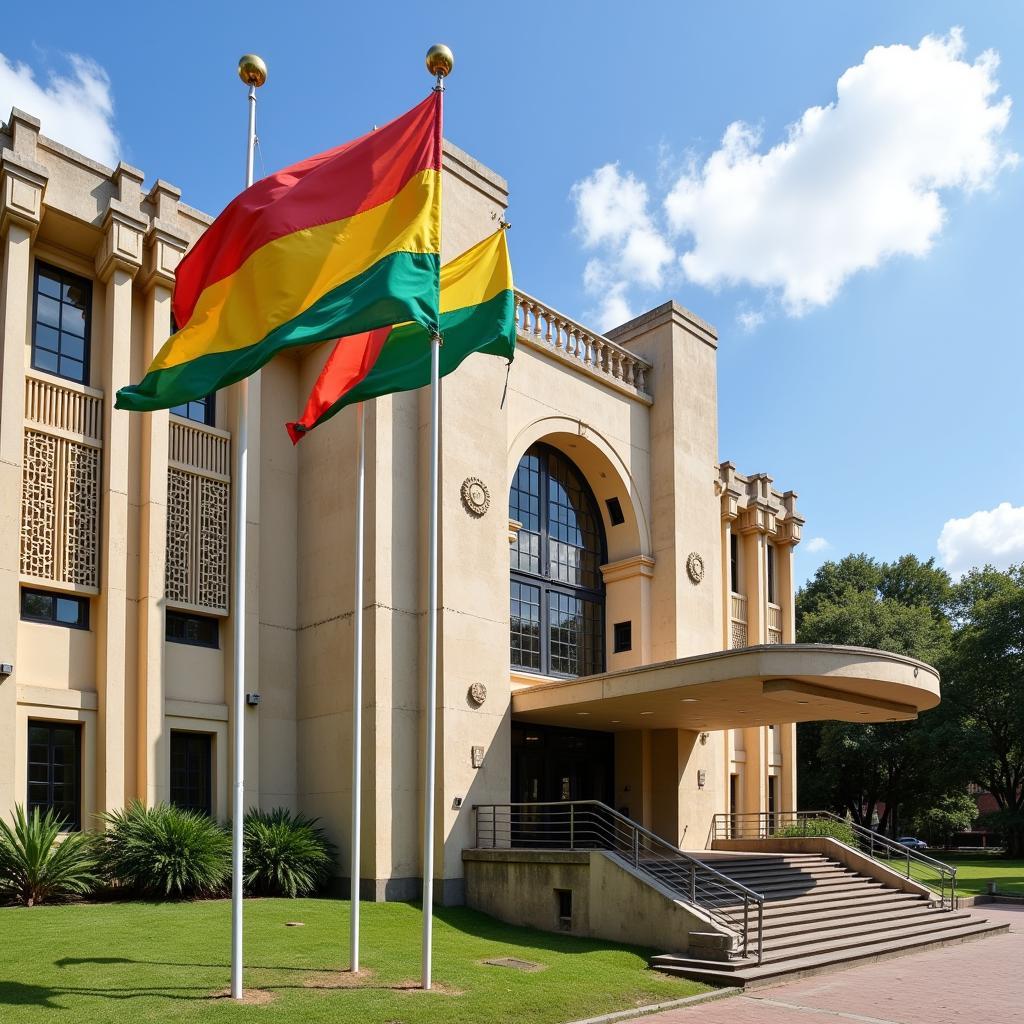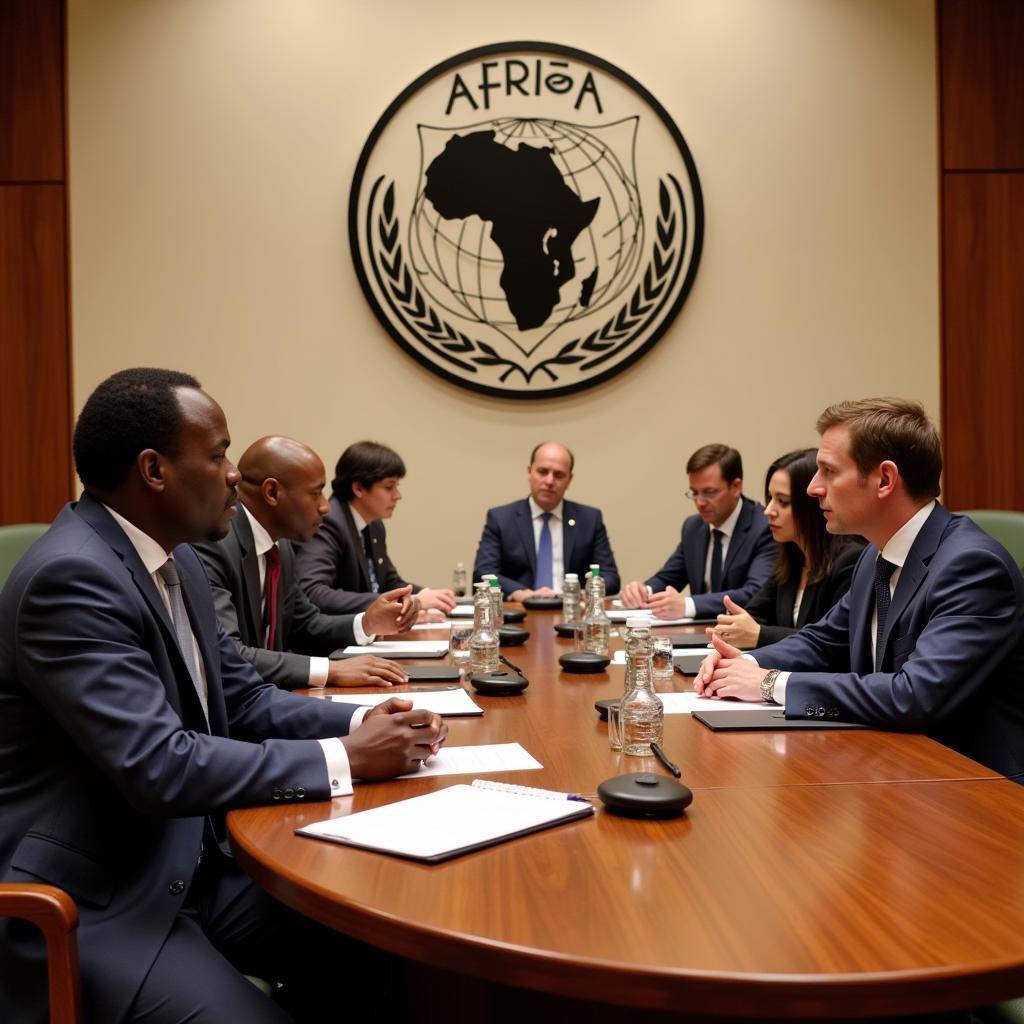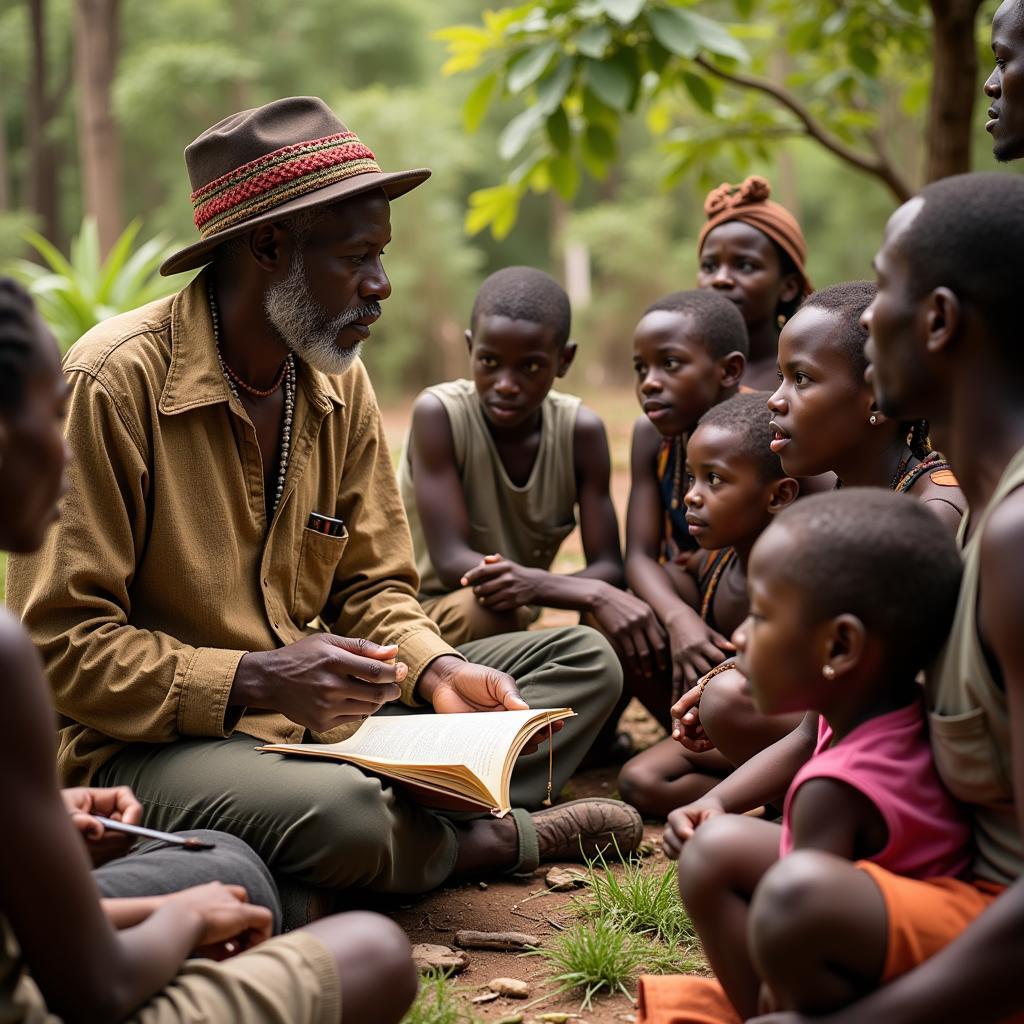The African Commission’s Value in International Court of Justice (ICJ) Cases
The African Commission on Human and Peoples’ Rights (ACHPR) plays a crucial, if often overlooked, role in shaping the landscape of international law, particularly within the context of the International Court of Justice (ICJ). While not directly involved in litigating cases before the ICJ, the African Commission’s value in icj proceedings stems from its unique position as a guardian of human rights and its influence on the development of African perspectives on international justice.
Understanding the African Commission’s Mandate
Established in 1986 under the African Charter on Human and Peoples’ Rights (the Banjul Charter), the African Commission’s primary mission is to promote and protect human rights across the African continent. Its work encompasses a wide array of activities, including:
- Interpreting the Banjul Charter: The Commission provides authoritative interpretations of the Charter’s provisions, clarifying its scope and application within diverse African contexts.
- Receiving and Investigating Complaints: Individuals and NGOs can submit complaints of human rights violations to the Commission, which then investigates and issues recommendations to the concerned states.
- Conducting Country Visits: The Commission undertakes fact-finding missions to assess the human rights situation in specific countries, engaging with governments, civil society, and other stakeholders.
- Promoting Human Rights Education: The ACHPR actively promotes human rights awareness and education across the continent, fostering a culture of respect for fundamental freedoms.
 African Commission Headquarters
African Commission Headquarters
The Nexus Between the African Commission and the ICJ
Although geographically and institutionally distinct, the work of the African Commission and the ICJ intersect in significant ways.
-
Developing African Customary International Law: The African Commission’s jurisprudence, particularly its interpretations of the Banjul Charter, contributes to the development of African customary international law. This customary law, often rooted in shared values and traditions, can be invoked and applied by the ICJ in cases where relevant.
-
Providing Expert Opinions and Amicus Curiae Briefs: The African Commission can play a vital role by offering its expertise on matters related to human rights in Africa. It can submit amicus curiae briefs, providing valuable insights and legal arguments for the ICJ’s consideration.
-
Influencing State Behavior: By upholding high standards of human rights protection, the African Commission encourages African states to act in accordance with international law, including the rulings of the ICJ.
-
Promoting Regional Solutions: The ACHPR’s emphasis on dialogue and cooperation within Africa contributes to a regional approach to resolving disputes, often preempting the need for ICJ intervention.
 African Commission in Session
African Commission in Session
Case Study: Illustrating the African Commission’s Impact
While numerous instances demonstrate the African Commission’s indirect influence on ICJ proceedings, the case concerning the Frontier Dispute (Burkina Faso/Republic of Mali) offers a compelling example. In its 1986 judgment, the ICJ drew upon principles enshrined in the Organization of African Unity (OAU) Charter, which promotes peaceful dispute resolution and African solutions to African problems. This emphasis on regional mechanisms, a core value also championed by the African Commission, highlights the interconnectedness of these institutions in shaping international law.
“The African Commission’s focus on amicable settlements and its commitment to upholding the principles of the OAU Charter have undoubtedly contributed to a more peaceful and cooperative approach to resolving disputes within the African continent,” notes Dr. Chinara Okoro, a renowned expert in African international law. “This, in turn, fosters an environment where respect for international law, including the decisions of the ICJ, can flourish.”
Challenges and Future Directions
Despite its significant contributions, the African Commission faces ongoing challenges:
-
Limited Enforcement Mechanisms: The Commission’s recommendations, while influential, lack binding legal force. This often hampers its ability to ensure state compliance with its decisions.
-
Resource Constraints: Limited financial and human resources restrict the Commission’s capacity to effectively address the multitude of human rights issues across the continent.
-
Political Interference: Concerns about political interference from states have, at times, cast a shadow on the Commission’s independence and impartiality.
Conclusion
The African Commission’s value in icj cases might not be immediately apparent, but its impact is undeniable. By promoting human rights, developing African customary law, and fostering a culture of respect for international justice, the Commission contributes to a more just and equitable world. Strengthening the African Commission, both institutionally and financially, will be crucial for realizing its full potential in upholding human rights and shaping the future of international law in Africa and beyond.



